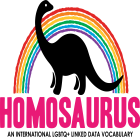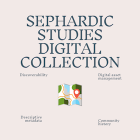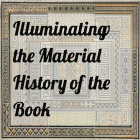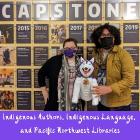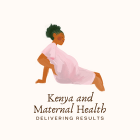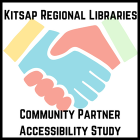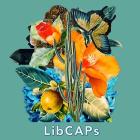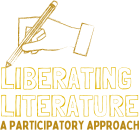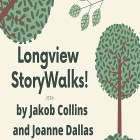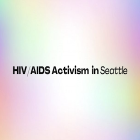
HIV/AIDS Activism in Seattle
Coordinating meetings, distributing fliers and making photocopies are more than just minute, everyday tasks—they are integral to building and sustaining social movements. This project explores how information practices were foundational to Seattle’s uniquely collaborative fight against HIV/AIDS, which was signified by partnerships between activist groups, local government, and University of Washington researchers. Based on interviews with ten local HIV/AIDS activists, this project highlights the ways that information can create possibilities for activism across axes of difference. While this project mainly focuses on local HIV/AIDS activism during the 1980s and 1990s, it provides a blueprint for activist imaginaries today and beyond.

